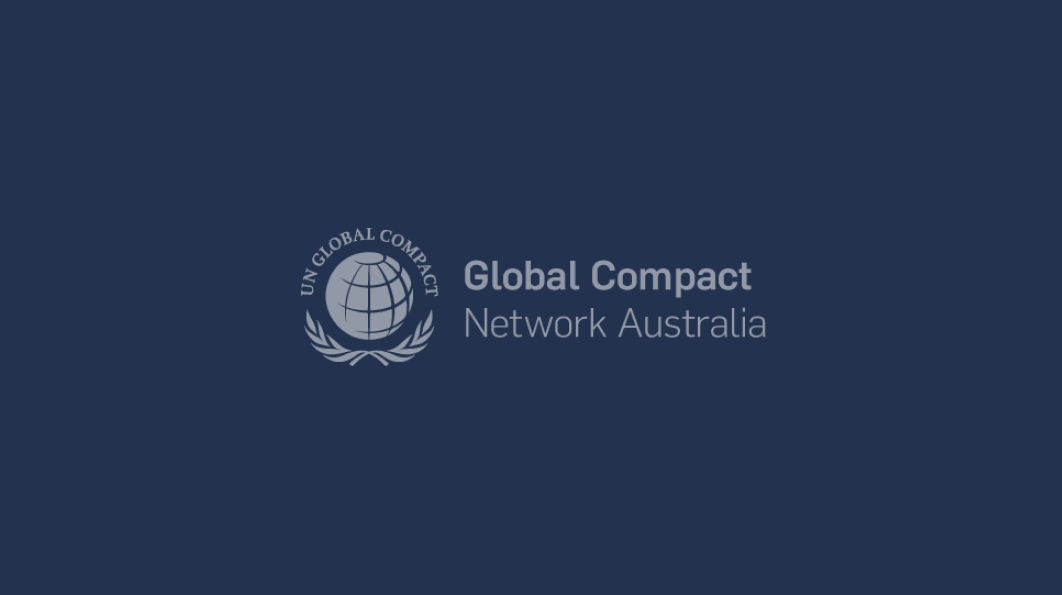
News, Sustainability Governance
Executive Update: A Sustained Approach to Combatting Corruption
UN Global Compact Network Australia | July 7, 2017
Lise Kingo, Executive Director, UN Global Compact, New York
The Sustainable Development Goals (SDGs) represent the most ambitious global development agenda in history. Developed by Governments, civil society and businesses, and adopted by all 193 Member States in September 2015, the 17 SDGs are mutually reinforcing.
With less than 5,000 days to go, we welcome the commitment of all Governments to create an enabling environment where businesses and societies can flourish. A critical place to start is the elimination of corruption in all its forms in alignment with the UN Convention Against Corruption and UN Global Compact’s Tenth Principle. Indeed, Governments along with businesses and civil society can support efforts to promote accountability and transparency.
Corruption fuels inequality and uncertainty
Corruption is one of the greatest obstacles to economic and social development. Estimates reported by the World Bank show that the annual cost of corruption equals more than 5 per cent of global GDP (US$ 2.6 trillion) with over US$ 1 trillion paid in bribes each year. In comparison the estimated investment gap required to achieving the SDGs is US$ 2.5 trillion annually — combatting corruption could basically free up resources needed to create the world that we want.
Corruption is essentially lost economic opportunities for levelling the playing field and for securing social and economic development. Corruption leads to reduced Government revenues, it increases the cost of doing business by up to 10 per cent on average and in developing countries, according to the United Nations Development Programme, funds lost to corruption are estimated at 10 times the amount of official development assistance.
In countries where corruption exists, Governments are unable to deliver public services including health, education, water and sanitation. This also weakens rule of law, as Governments are unable to instil public trust in civic institutions, law enforcement and political processes, ultimately undermining their credibility and legitimacy among citizens. It impedes foreign investment and economic growth. Corruption undermines responsible business practices, fair competition and market stability. It prevents people, countries and businesses from fulfilling their potential.
How the UN Global Compact’s Tenth Principle is supporting the SDGs
Businesses and societies thrive in peaceful, just and inclusive societies. The business case for sustainable development is clear. According to the Business & Sustainable Development Commission, realizing the SDGs opens up US$ 12 trillion of market opportunities. Therefore, we need everyone, everywhere, to commit to combatting corruption. Only then can we truly create the world that we want — a world where everyone has the opportunity to reach their full potential.
The UN Global Compact encourages businesses to act responsibly and find opportunities to deliver on the SDGs. Specifically we call on businesses everywhere to sign up to ten universally accepted principles with respect to human rights, labour, environment and anti-corruption, and to communicate on progress every year. Anchored in the UN Convention Against Corruption, and aligned with SDG 16, the UN Global Compact’s Tenth Principle states that: “Businesses should work against corruption in all its forms, including extortion and bribery.”
We ask businesses to develop policies and programmes to address all forms of corruption, and we work to ensure that businesses, Governments, UN agencies and civil society work together to realize a more accountable and transparent global economy. Targeting our network of 13,000 participants worldwide, UN Global Compact collaborates with various organizations including our Global Compact Local Networks to promote Collective Action efforts.
Our efforts aim to increase business integrity, enhance transparency and bring the private sector, Governments, and civil society together to collectively advance the anti-corruption agenda and contribute to the achievement of the UN Sustainable Development Goals — specifically Sustainable Development Goal 16 and target 16.5 on fighting corruption.
Join us in fighting corruption. When we end corruption, everybody wins.

